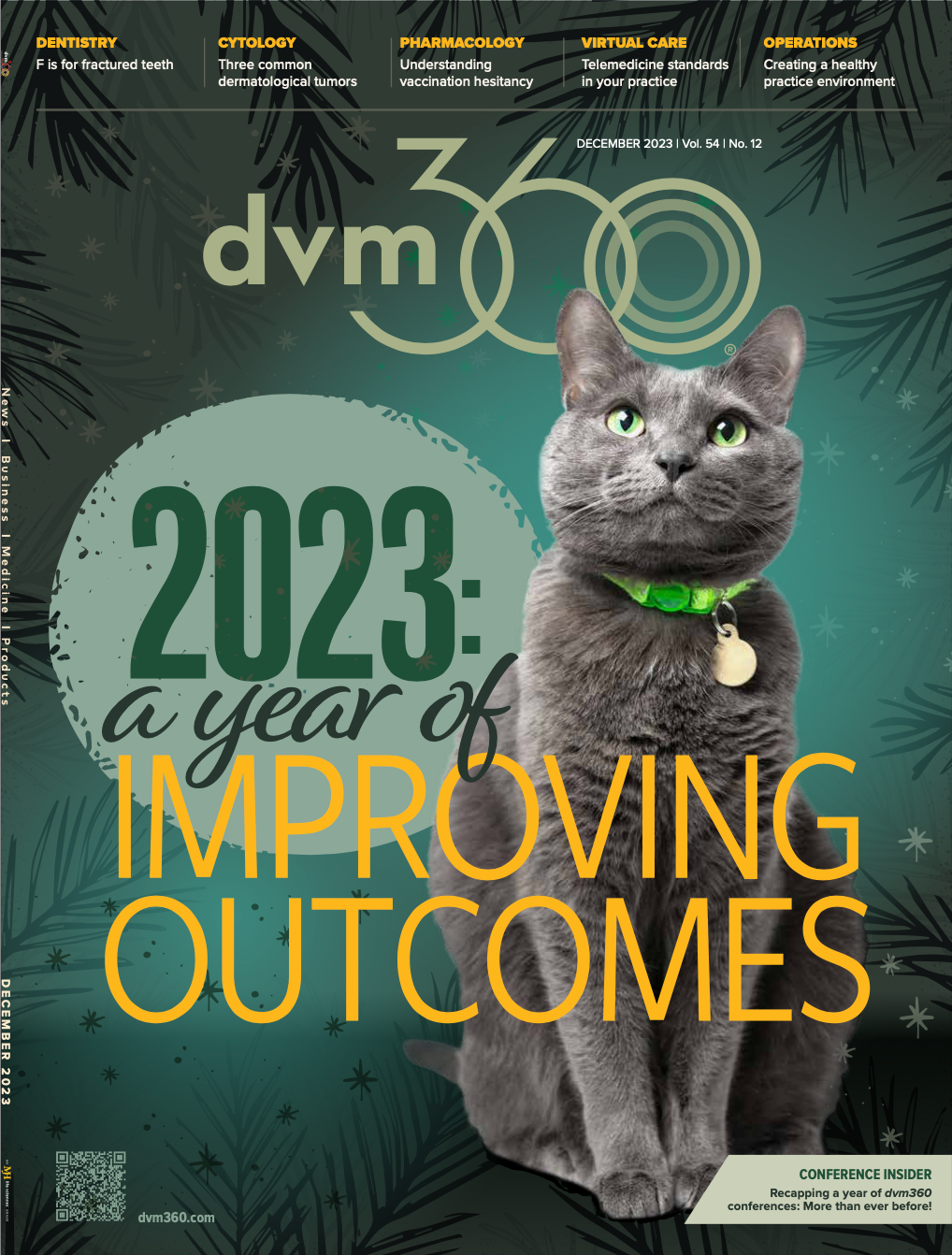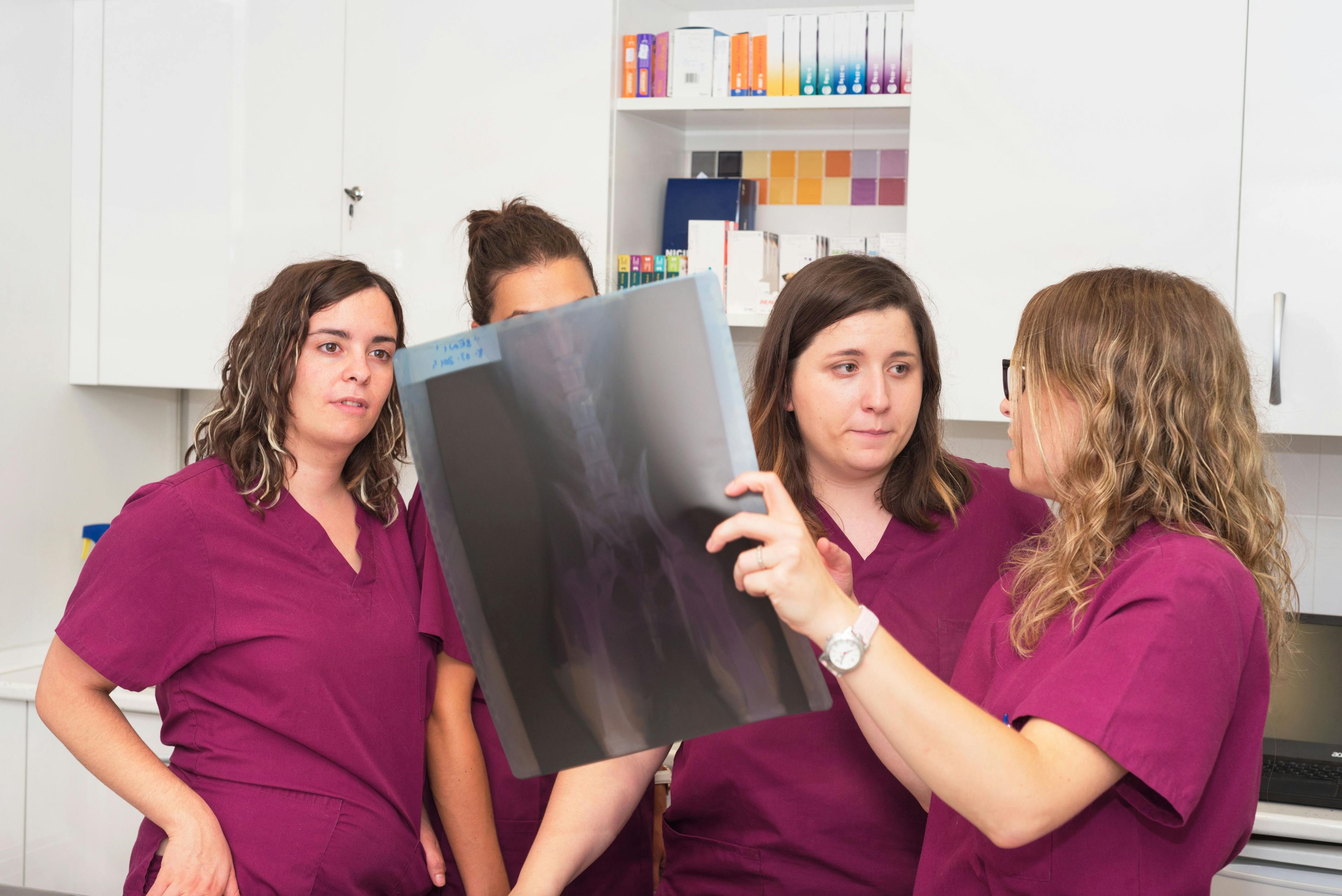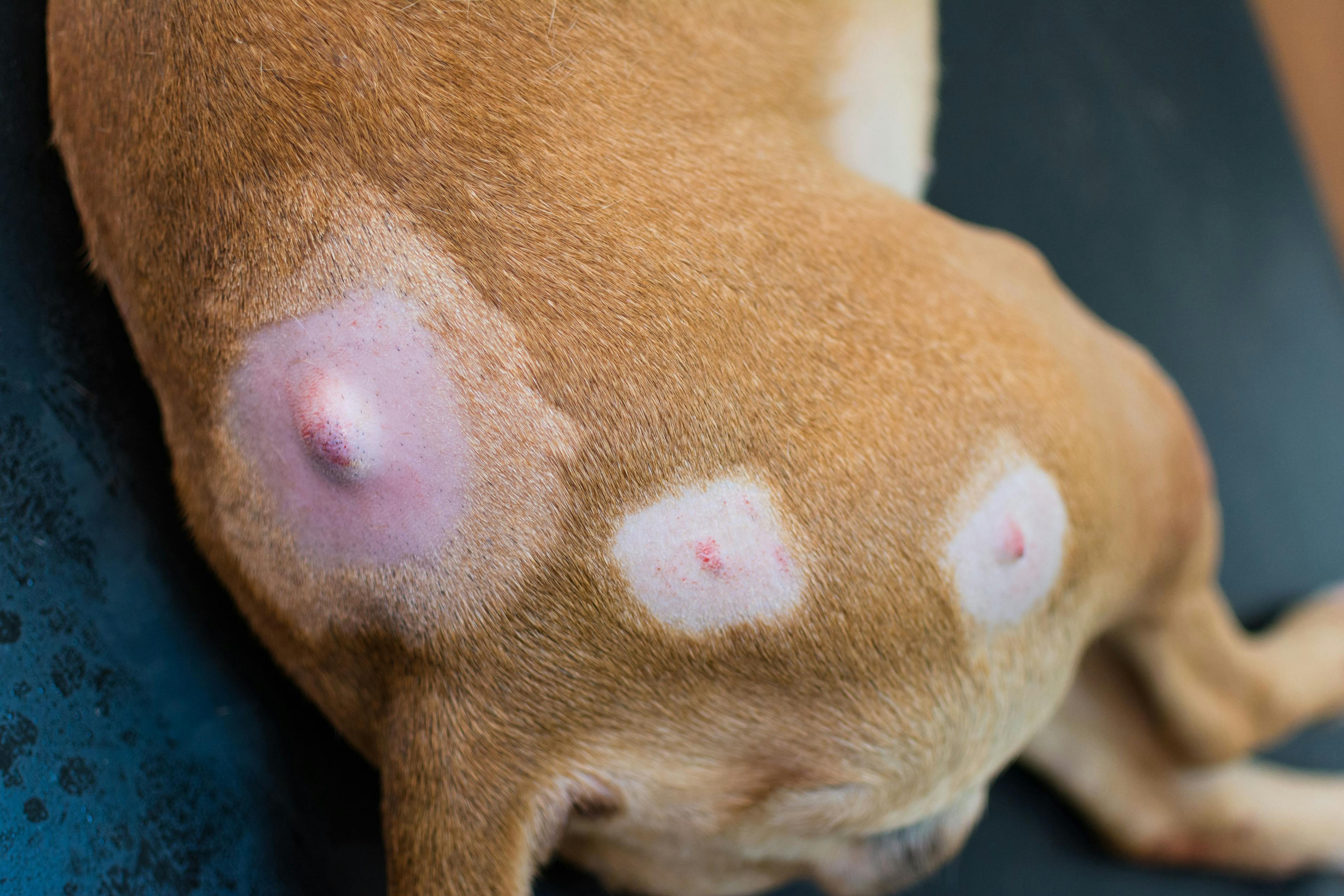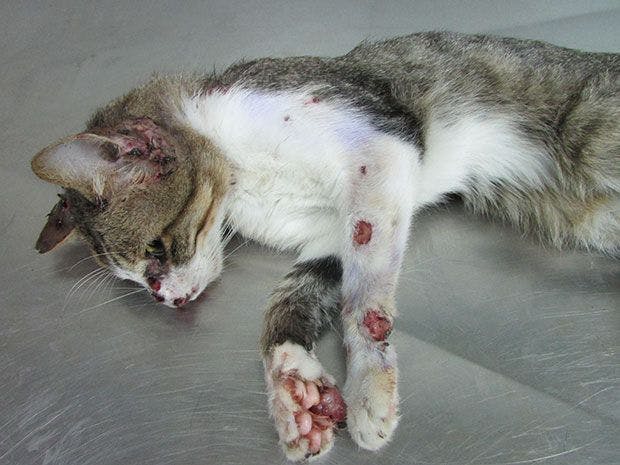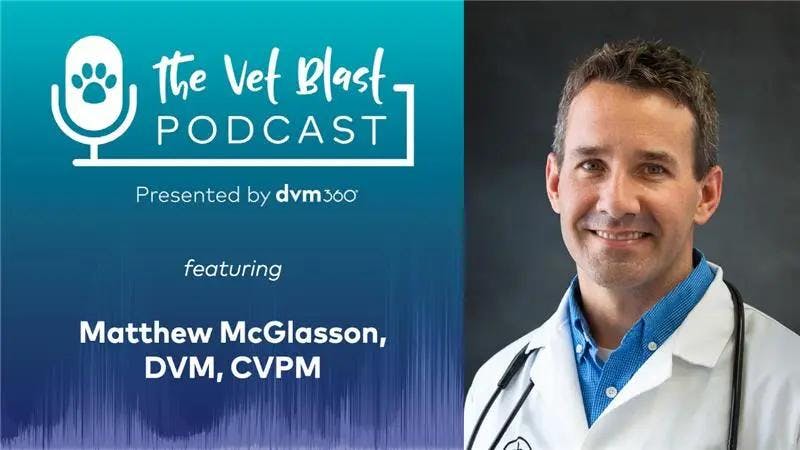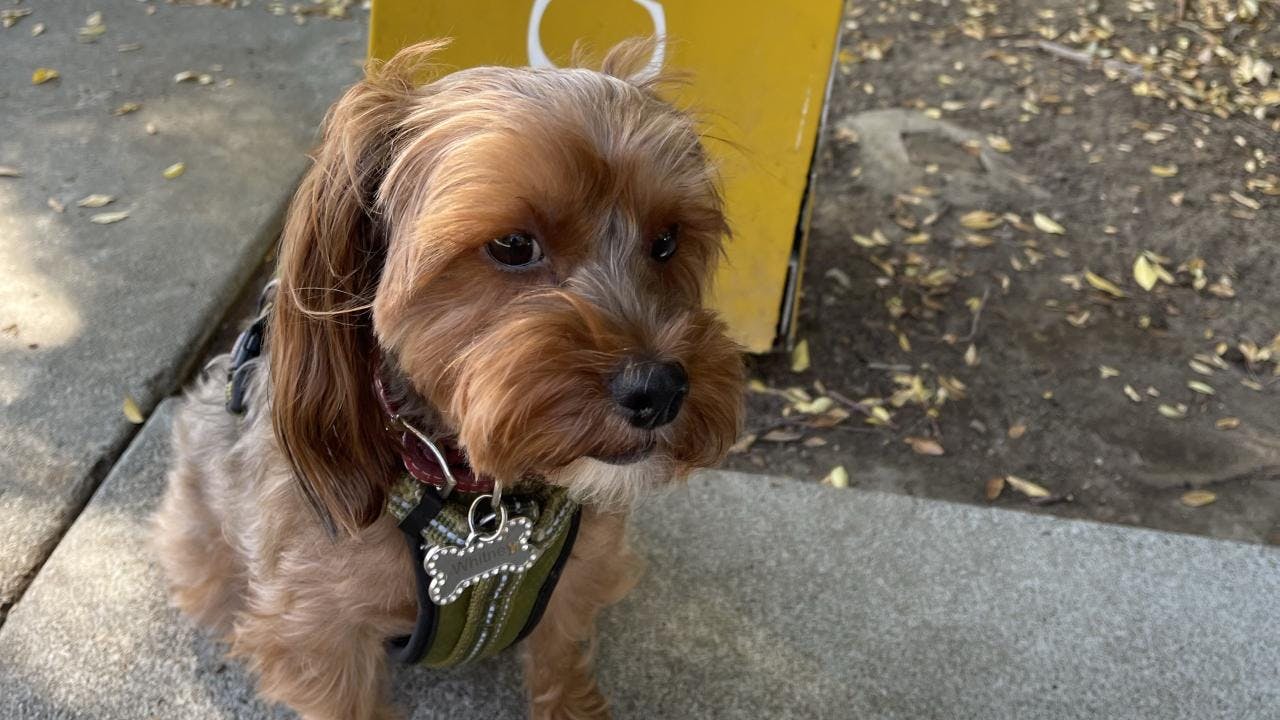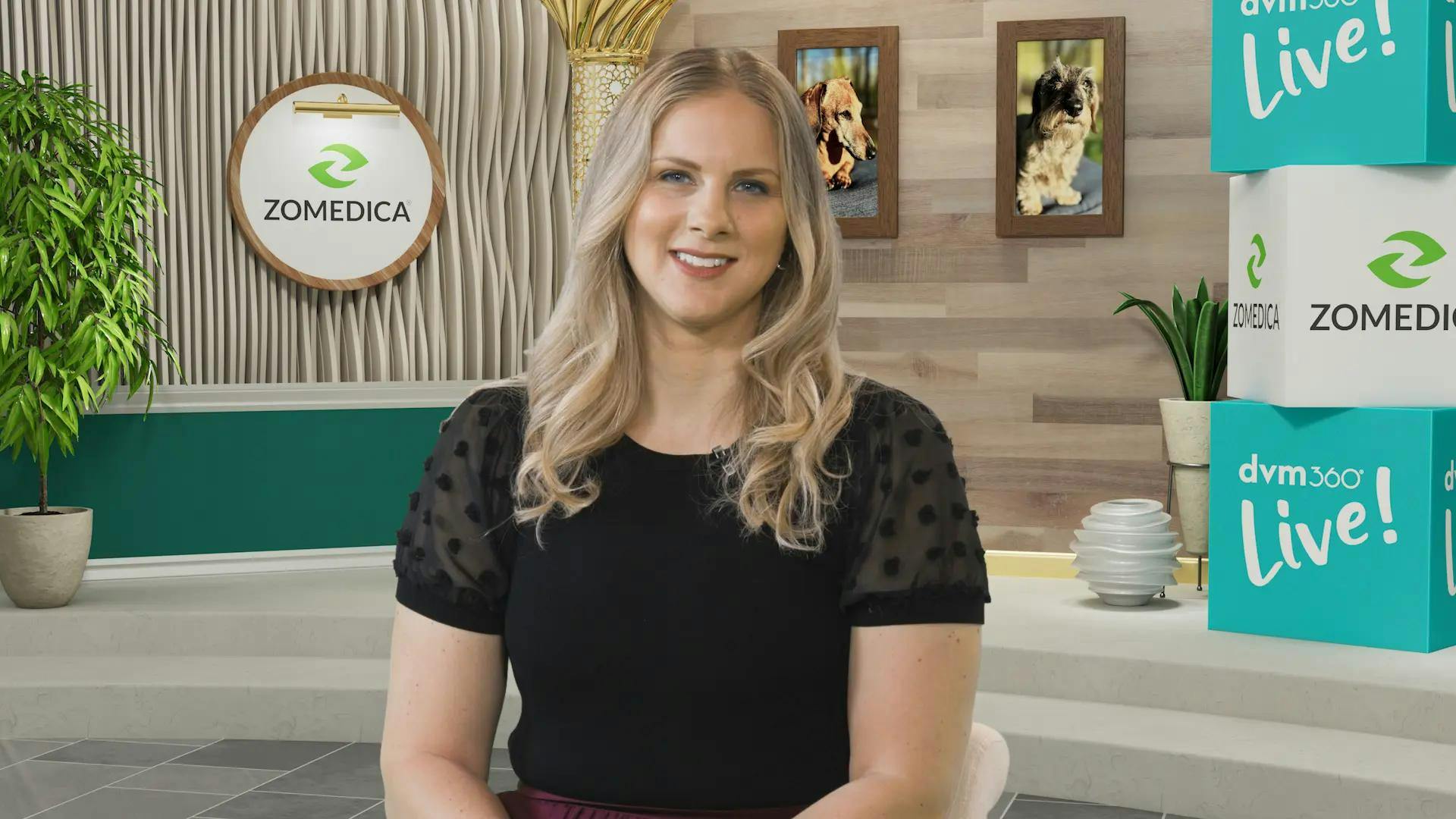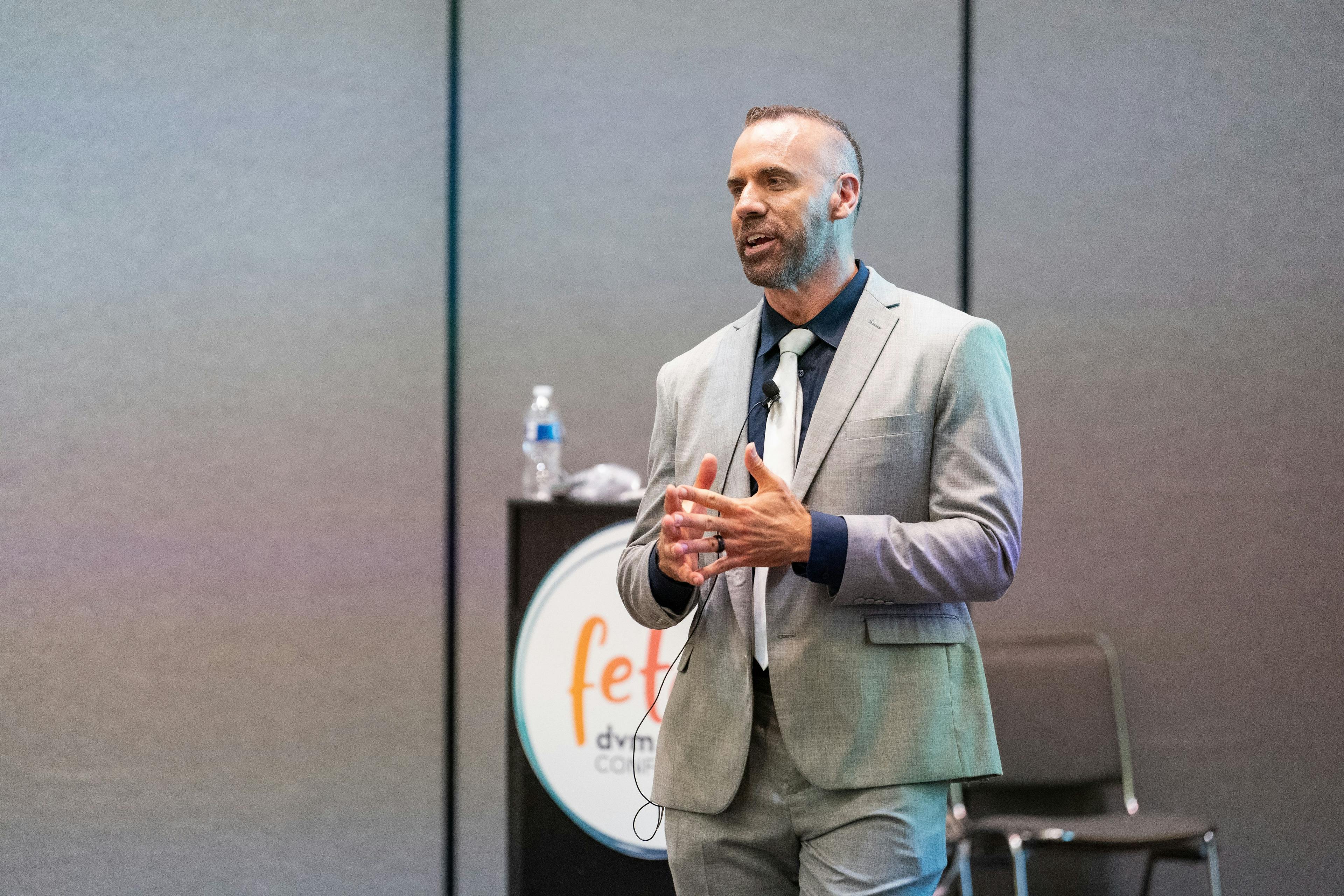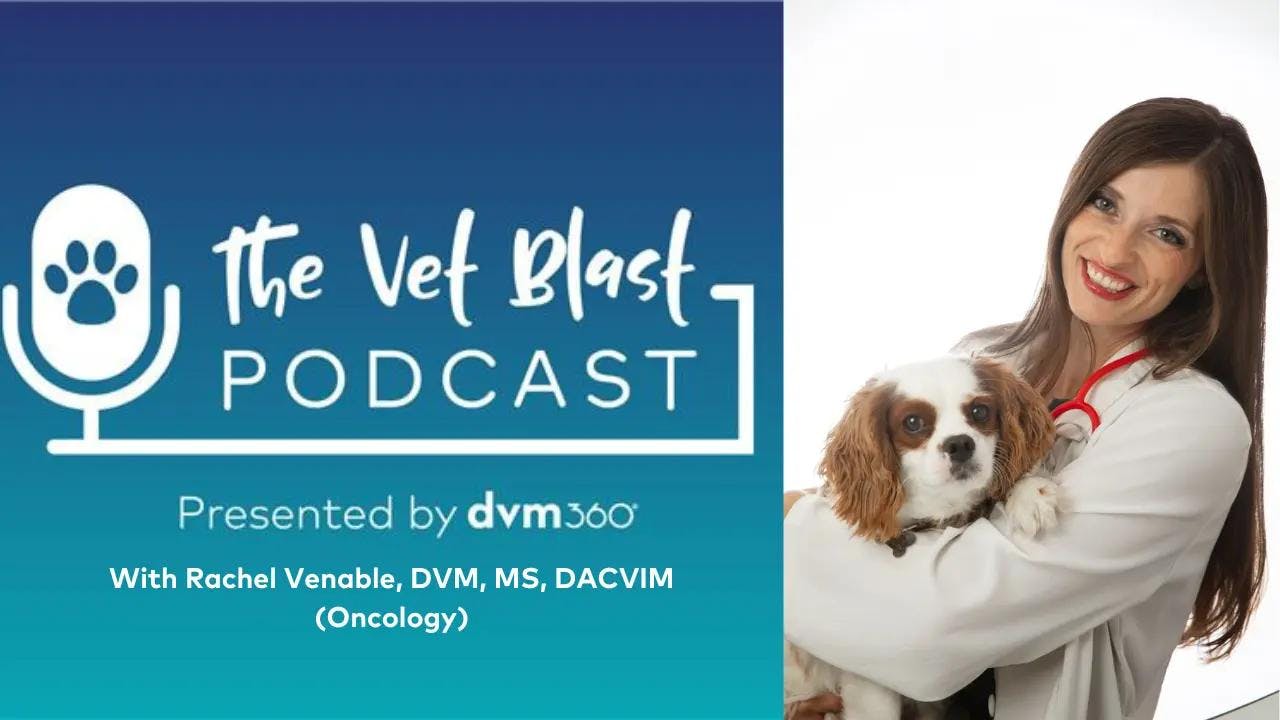Talking politics in the clinic
Conversations between veterinary professionals and clients should be limited to appropriate discussions
Editor’s note: All names and businesses in this dilemma case are fictitious, but the scenario is based on real occurrences.
Nuthawut / stock.adobe.com

Peach Pet Clinic is a busy urban companion animal clinic. As with many urban veterinary clinics, the clientele and professional staff are very diverse. This workplace was made up of many cultures and opinions. Normally this would lead to stimulating interactions, except the year was shaping up to be a bit more volatile than most.
In recent weeks, there had been several heated discussions of political and world situations among staff. Additionally, conversations of this nature had arisen with some clients during pet health care visits. A staff veterinarian and 2 technicians had started wearing buttons and, in one case, a tattoo advocating their positions regarding a global crisis.
The expressing of these nonveterinary commentaries came to the attention of the hospital manager. One client said she was uncomfortable being exposed to debates on political and world issues while simply seeking care for her pet. Another owner said he did not mind the staff’s non–pet-related advocacy but was unhappy that it was biased and did not reflect his feelings on the issues at hand. This led clinic management to rethink workplace policy concerning such issues. A staff meeting was called, and new directives were discussed.
The hospital manager and medical director told staff that they understood the strong feelings that one might have about current political and world events. Additionally, they admitted that there was no information in the employee handbook concerning workplace behavior regarding such events. It was made clear that the primary directive of Peach Pet Clinic was to render excellent, compassionate care to patients. Discussions not related to veterinary health care (other than accepted social niceties) were not appropriate in the workplace. This included buttons, signage, and any type of notice not related to animals and their care. It was also recommended that staff not engage in nonveterinary discussions that have the potential to become volatile.
The hospital manager went on to say that all clients should feel comfortable and welcome at the clinic. Losing clients for reasons not associated with veterinary care was unacceptable and unprofessional. Several staff members disagreed, indicating that their desire to passively display their stance on certain issues was part of their right to free expression. One staff member noted the fact that many employees wear religious jewelry in front of clients. The hospital manager said certain protections concerning religion, race, and gender had been clearly identified in the workplace. The Peach Pet Clinic determined that, going forward, any display or discussion of personal viewpoints involving clients must be approved by the management team.
Several staff members did not agree. They maintained that any healthy discourse was an asset to the clinic. The hospital manager respected their opinion but made it clear that the new policy was to be implemented and followed. Do you feel that the administration of the Peach Pet clinic overreacted? We would like to know.
Rosenberg's response
It really is not difficult to establish an excellent rapport with your pet patients. Respect and kindness usually do the trick. With pet owners it is a different story. When seeing clients, the common denominator is the pet. Discussion about subjects outside of veterinary medicine can be risky. To maintain a loyal and adherent clientele it is always best to act in a professional manner. Honest, transparent, veterinary medicine is the key.
Marc Rosenberg, VMD is director of Voorhees Veterinary Center in Voorhees, New Jersey. Although many of the scenarios Rosenberg describes in his column are based on real-life events, the veterinary practices, doctors, and employees described are fictional.
